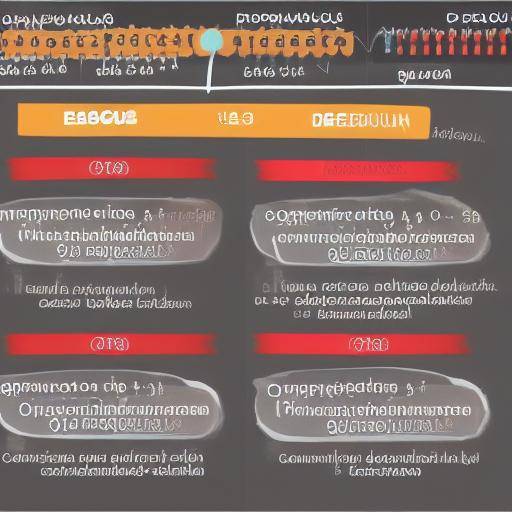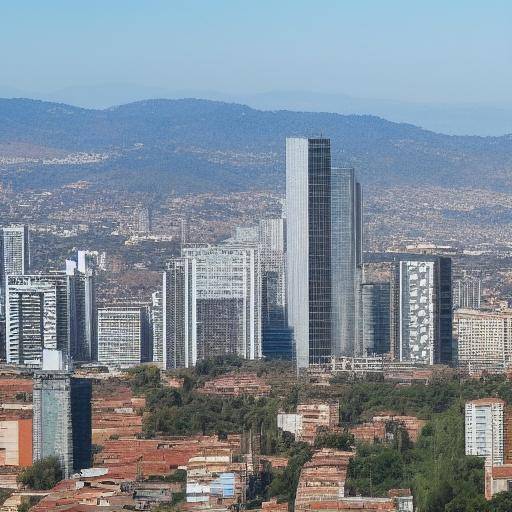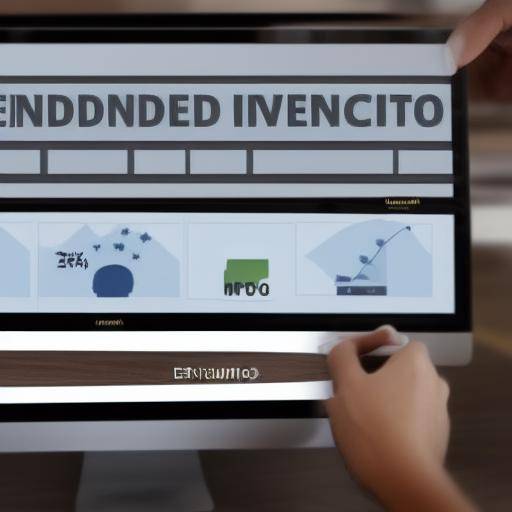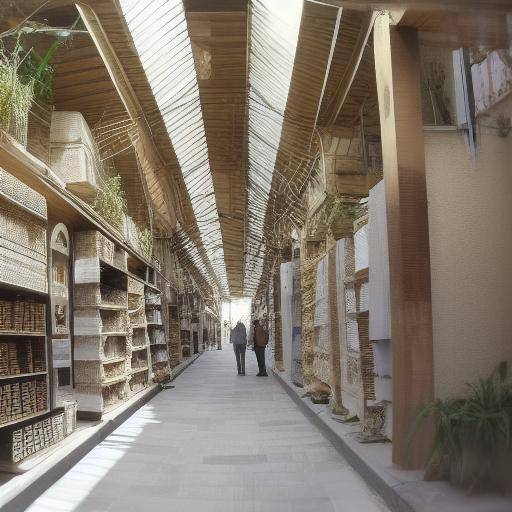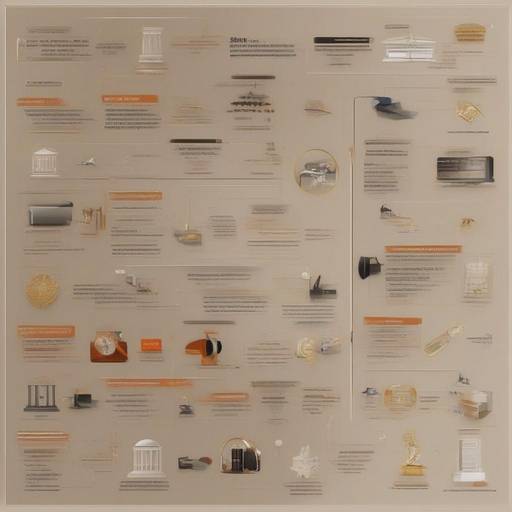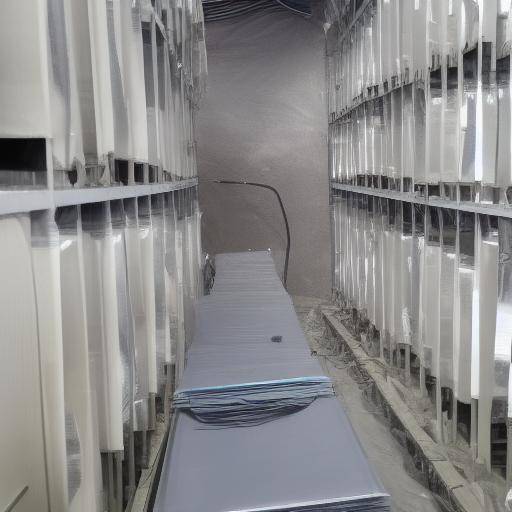
At present, investing in properties has become an attractive option for those seeking to grow their heritage. It is presented as a solid investment, capable of offering significant returns over time. However, before entering the real estate investment world, it is crucial to understand the different types of properties available, as well as to perform a thorough analysis to select the most appropriate option. In this article, we will explore the various properties options to invest, analyze the key factors to consider and provide guidance on how to select the best option for your needs.
Introduction
Before entering the detailed analysis, it is essential to understand that not all properties are equal when it comes to investment. From apartments and individual houses to commercial properties and land, there is a wide range of options available for potential investors. The key is to understand the characteristics and advantages of each type of property, as well as to make an informed and strategic selection to maximize the return potential.
Properties Options for Investing
Residencial
Residential properties, such as apartments and individual houses, are a popular option among investors. These properties offer the possibility of generating income through rent, which makes them an attractive long-term investment. In addition, the constant demand for housing ensures a predictable flow of tenants, which minimizes the risk of prolonged vacancies.
Commercial
Commercial properties, including offices, business premises and business centres, also offer attractive investment opportunities. While significant initial investment is required, these properties can generate substantial returns through long-term lease contracts with established companies. In addition, the revaluation of commercial properties can provide additional gain opportunities.
Industrial
Industrial properties, such as warehouses and manufacturing spaces, are essential for supply chain and logistics. Investors can benefit from the growing demand for industrial spaces, especially with the boom in e-commerce and the need for strategically located distribution centers.
Land
Investment in land, although it may not generate immediate income, offers the opportunity to gain through long-term revaluation. Well-located land can increase its value significantly as new infrastructures develop and urban areas expand.
Investment Options Analysis
Advantages and Disadvantages
Each type of property presents unique advantages and disadvantages that should be carefully considered before making an investment decision. For example, while residential properties offer a constant flow of rent income, they also carry the responsibility of managing tenants and maintenance. On the other hand, commercial properties can provide higher returns, but also require more complex lease contracts and may be affected by market volatility.
Key Factors for Analysis
In assessing real estate investment options, it is crucial to consider factors such as location, market demand, growth potential and economic and political conditions. These aspects play a crucial role in the long-term profitability of a property, and it is essential to conduct a thorough analysis before making an investment decision.
Selection of the Optimal Property
Selection Strategies
When selecting the optimal property for investment, it is essential to clearly define the financial and personal objectives. This could involve determining whether the generation of short-term passive income, the appreciation of long-term value or a combination of both is prioritized. In addition, it is crucial to consider portfolio diversification, minimizing risk by investing in different types of properties.
Evaluation RigIt is important to note that each investor has its own risk profile and financial objectives, so the selection of the right property will vary according to individual circumstances. Portfolio diversification is key to mitigating risks and maximizing returns over time.
Conclusion
In short, investment properties cover a wide range of options, from residential to commercial and industrial, as well as land. Each type of property offers unique opportunities and specific challenges, making a thorough analysis and strategic selection are essential to maximizing return potential. By understanding the different investment options, analyzing key factors and selecting the optimal property, investors can build a solid and profitable real estate portfolio.
FAQs
1. What are the advantages of investing in residential properties compared to commercial properties?
Residential properties offer a constant flow of rent income and stable demand, while commercial properties can provide higher returns but with more complex lease contracts.
2. What is the role of the location in selecting properties to invest?
Location is a crucial factor that can affect the profitability and appreciation of a property over time. Accessibility, market demand and urban development are important aspects to consider.
3. How to minimize risk by investing in properties?
Diversification of the portfolio is an effective risk mitigation strategy. Investing in different types of properties in different locations can help balance risks and generate more stable returns.
4. What is the role of the economy and political conditions in real estate investment?
Economic and political conditions can influence the profitability and stability of real estate investments. It is crucial to monitor these factors and assess their long-term impact.
5. To what extent is market analysis important when selecting properties to invest?
Market analysis is critical to understanding the demand, supply, price trends and the growth potential of a property. This analysis provides valuable information for investment decision-making.
6. What are the future prospects of real estate investment?
Future prospects for real estate investment vary depending on location and property type. However, sustainable investment, urban development and demographic trends are aspects to be considered for the future of the real estate market.
With these complete answers, we hope to have clarified common doubts related to the options, analysis and selection of properties to invest.
In conclusion, property investment is a dynamic field that requires a deep understanding of the different options available, a detailed analysis and a strategic selection. By taking advantage of real estate investment opportunities in an informed and conscious manner, investors can build a strong and profitable portfolio over time.
Always remember to seek qualified financial and legal advice before making meaningful investment decisions.


